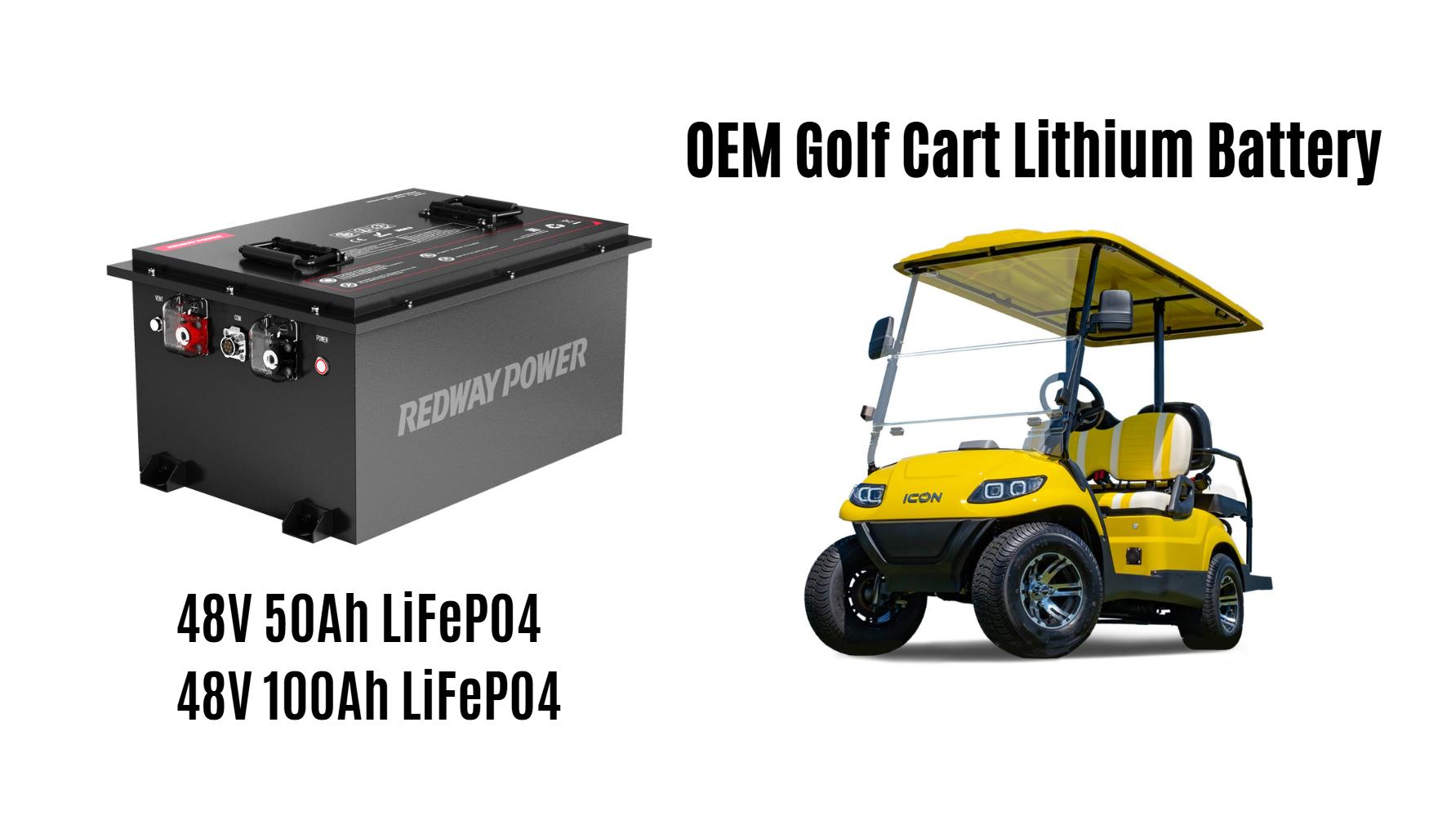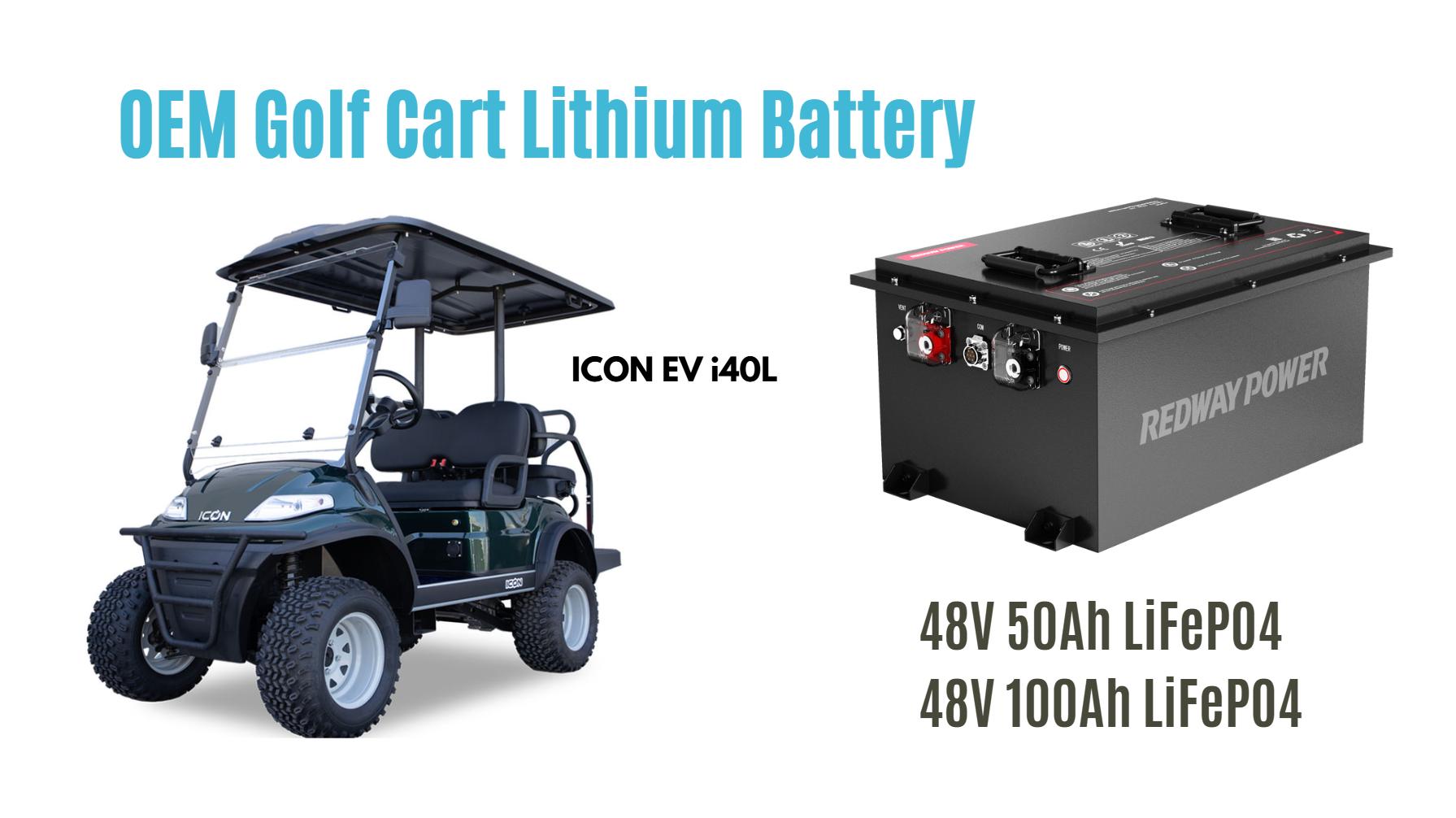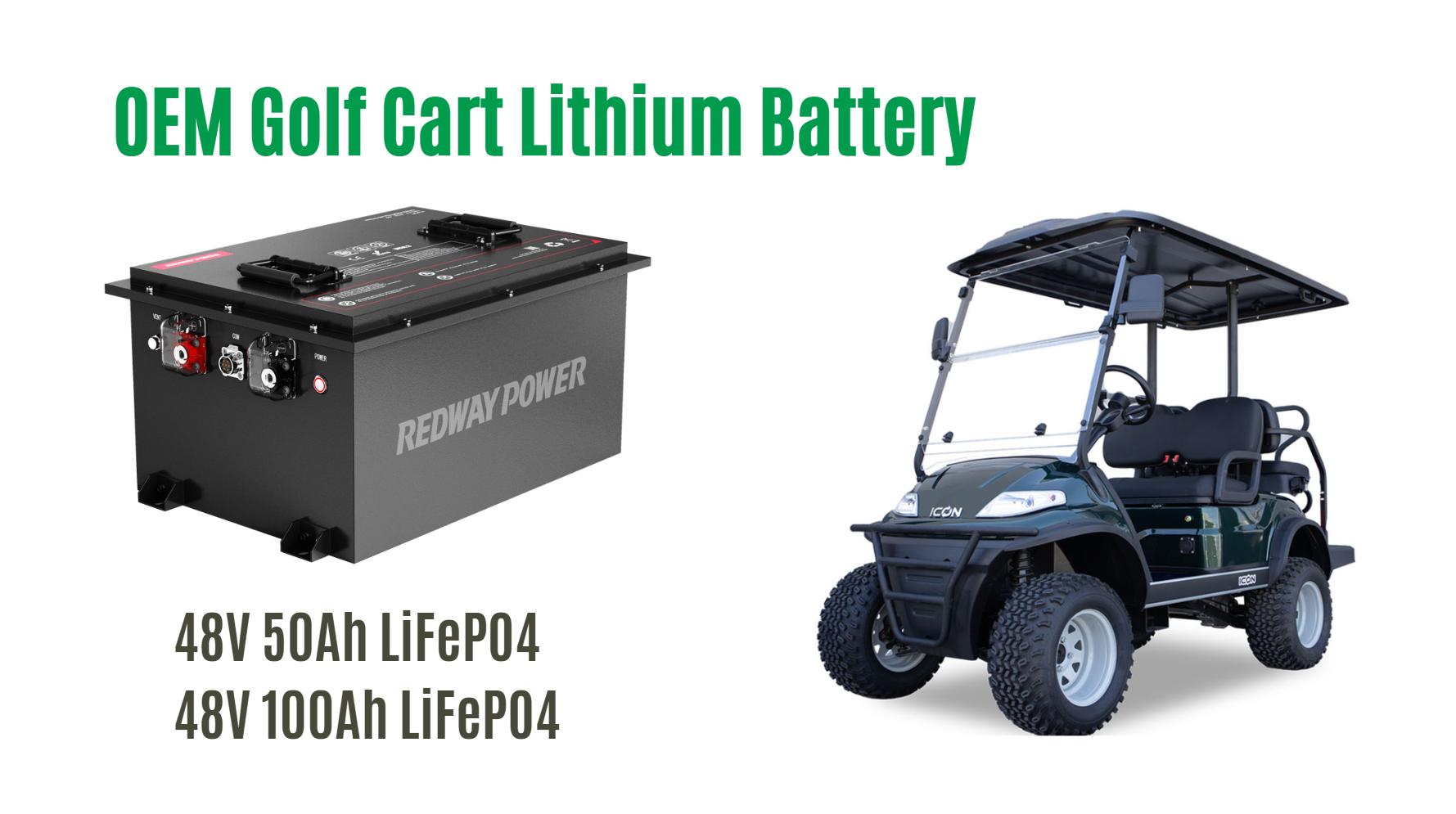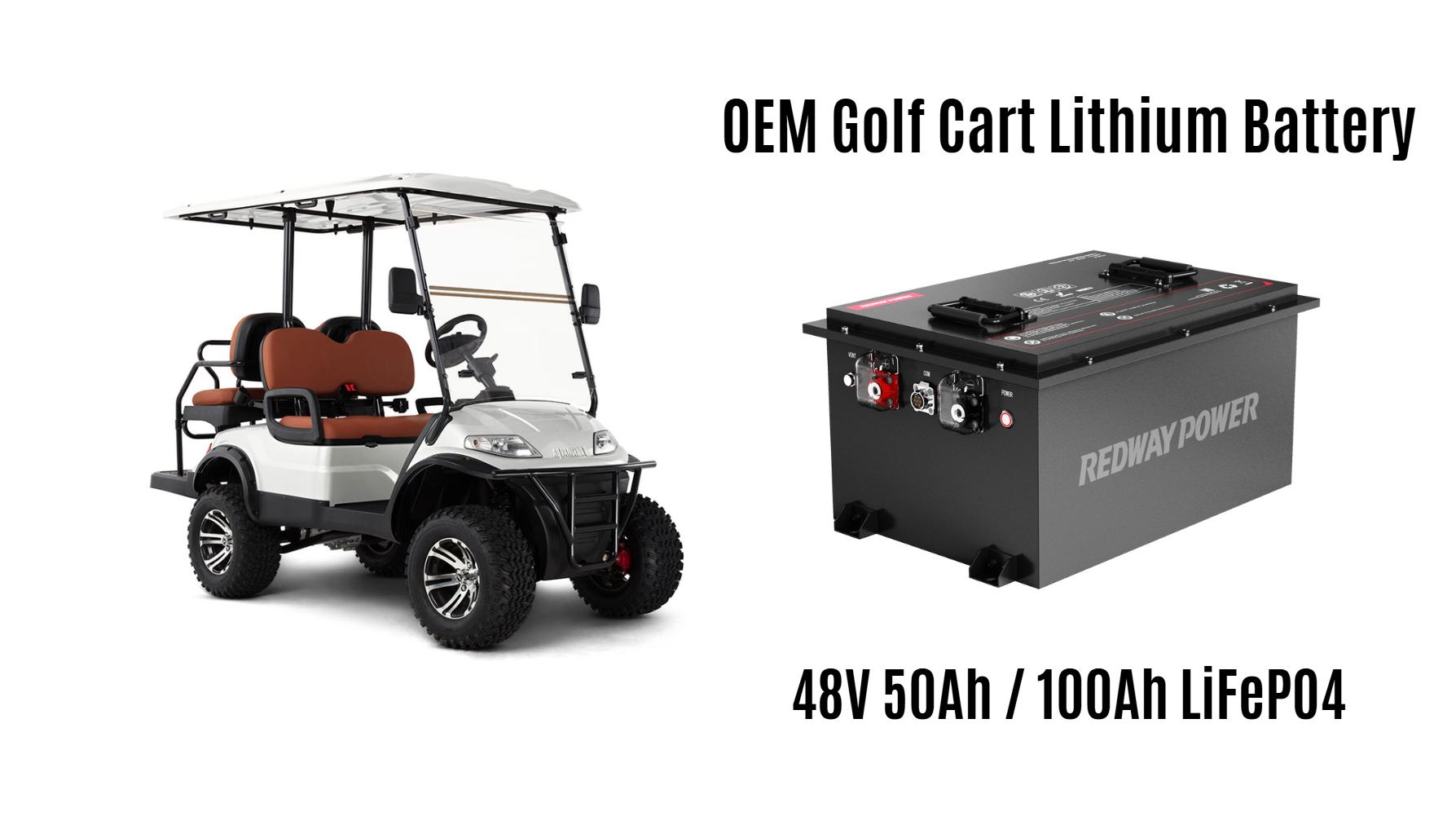What Are the Key Differences Between Club Car Golf Carts and ICON EVs?
Club Car golf carts are built for longevity, commercial performance, and advanced lithium-ion battery technology, while ICON EVs emphasize modern design, tech integration, and affordability for recreational users. Key distinctions lie in durability, range, customization, and overall user experience, with Club Car prioritizing long-term reliability and ICON focusing on accessible, tech-forward features for casual drivers.
How Do Club Car and ICON EVs Compare in Performance and Range?
Club Car models, such as the Tempo and Onward, provide 30-50 miles per charge with lithium-ion batteries, making them ideal for hilly terrain and commercial use. ICON EVs, including the i40, deliver 60-75 miles per charge with lead-acid or optional lithium batteries, catering to extended recreational rides. Club Car excels in torque and handling, while ICON focuses on sustained range for leisurely driving.
| Feature | Club Car | ICON EV |
|---|---|---|
| Typical Range | 30-50 miles | 60-75 miles |
| Battery Type | Lithium-ion | Lead-acid / optional lithium |
| Best Use | Hilly terrain, commercial | Extended recreational driving |
| Torque | High | Moderate |
What Are the Durability and Build Quality Differences?
Club Car carts use aircraft-grade aluminum frames with rust-resistant coatings, supporting 10-15+ year lifespans. ICON EVs feature powder-coated steel frames lasting 8-12 years under moderate use. Club Car’s commercial-grade build excels in harsh conditions, whereas ICON balances durability with cost-effectiveness for light recreational use.
Which Brand Offers Better Technology and Customization?
ICON EVs come standard with touchscreen dashboards, Bluetooth, and LED lighting. Club Car allows modular upgrades, including GPS tracking, premium seating, and fleet management options. ICON prioritizes ready-to-use tech, while Club Car provides flexibility for custom configurations, appealing to commercial operators and luxury users alike.
How Do Pricing and Maintenance Costs Differ?
Club Car carts are priced between $10,000-$15,000, with higher upfront costs offset by lower long-term maintenance thanks to durable lithium-ion batteries. ICON EVs start at $7,000-$12,000, with lead-acid batteries that require more frequent replacement. Club Car’s lithium systems last 2-3 times longer, reducing lifetime cost despite initial investment.
What Are the Environmental Impacts of Each Brand?
Club Car’s lithium-ion batteries reduce landfill waste and charge 30% faster, minimizing carbon emissions. ICON’s lead-acid batteries are recyclable but less energy-efficient. Both comply with environmental regulations, yet Club Car’s energy-efficient motors and sustainable manufacturing practices provide an eco-friendly advantage.
How Do Safety Features Compare Between Club Car and ICON?
Club Car includes automatic braking, LED headlights, and stability control as standard, optimized for commercial settings and high-traffic areas. ICON EVs provide seatbelts, regenerative braking, and reflectors, focusing on essential protections for low-speed recreational driving. Club Car’s safety systems are designed for rigorous, long-term usage.
Redway Expert Views
“Club Car sets a high standard with lithium-ion integration and commercial-grade durability, ensuring reliability in demanding environments. ICON EVs deliver modern features at competitive prices, appealing to recreational users seeking value and convenience. Choosing between the two depends on whether the priority is long-term performance or immediate tech-driven enjoyment.” — Redway Battery Team
Are There Significant Differences in Brand Reputation and Long-Term Value?
Club Car is an established brand with decades of trusted performance, offering strong resale value and extensive parts availability. ICON, founded in 2017, is newer and budget-friendly, emphasizing affordability and modern features. While ICON provides excellent initial value, Club Car remains the preferred choice for long-term investment and fleet operations.
| Comparison | Club Car | ICON EV |
|---|---|---|
| Brand History | Decades | Since 2017 |
| Resale Value | 60-70% after 5 years | 40-50% after 5 years |
| Frame Material | Aircraft-grade aluminum | Powder-coated steel |
| Manufacturing | U.S. components, global supply | Mostly Chinese components, assembled in Florida |
Conclusion
Club Car and ICON EVs serve distinct user needs. Club Car excels in durability, commercial-grade performance, and long-term value, while ICON focuses on affordability, modern tech, and recreational convenience. Evaluating terrain, usage frequency, and budget is crucial to selecting the right golf cart. Redway Battery recommends matching battery type, range, and maintenance considerations to specific operational requirements for optimal results.
FAQs
Q: Can ICON EVs handle steep hills?
A: ICON EVs manage moderate inclines but lack the torque and power of Club Car’s commercial motors, which perform better on steep terrain.
Q: Are Club Car batteries interchangeable with ICON?
A: No, Club Car uses proprietary lithium-ion systems, while ICON supports lead-acid or third-party lithium upgrades.
Q: Which brand has better long-term reliability?
A: Club Car’s aluminum frames and lithium-ion batteries provide proven longevity, whereas ICON’s long-term reliability is still being evaluated.
Q: Do both brands offer electric and gas options?
A: Club Car provides both electric and gas models, while ICON focuses exclusively on electric vehicles.
Q: Which brand is more environmentally friendly?
A: Club Car’s lithium-ion batteries and energy-efficient motors provide a greener footprint compared to ICON’s lead-acid systems.




